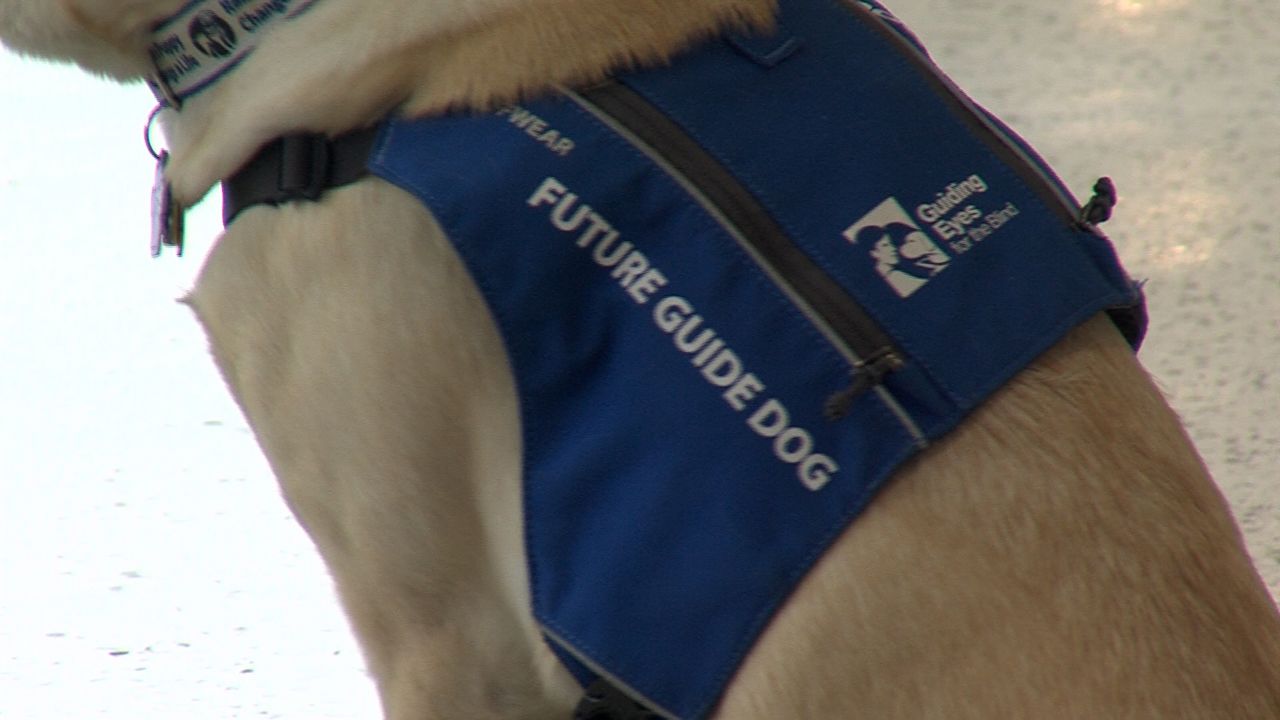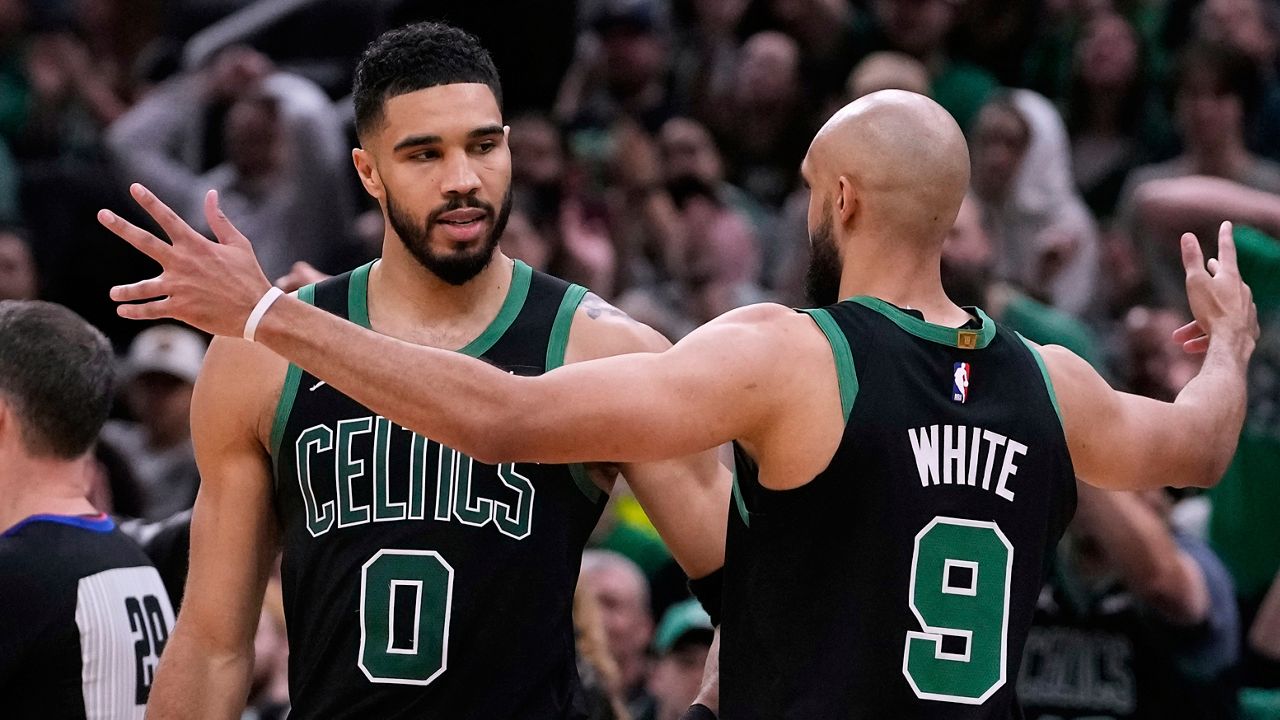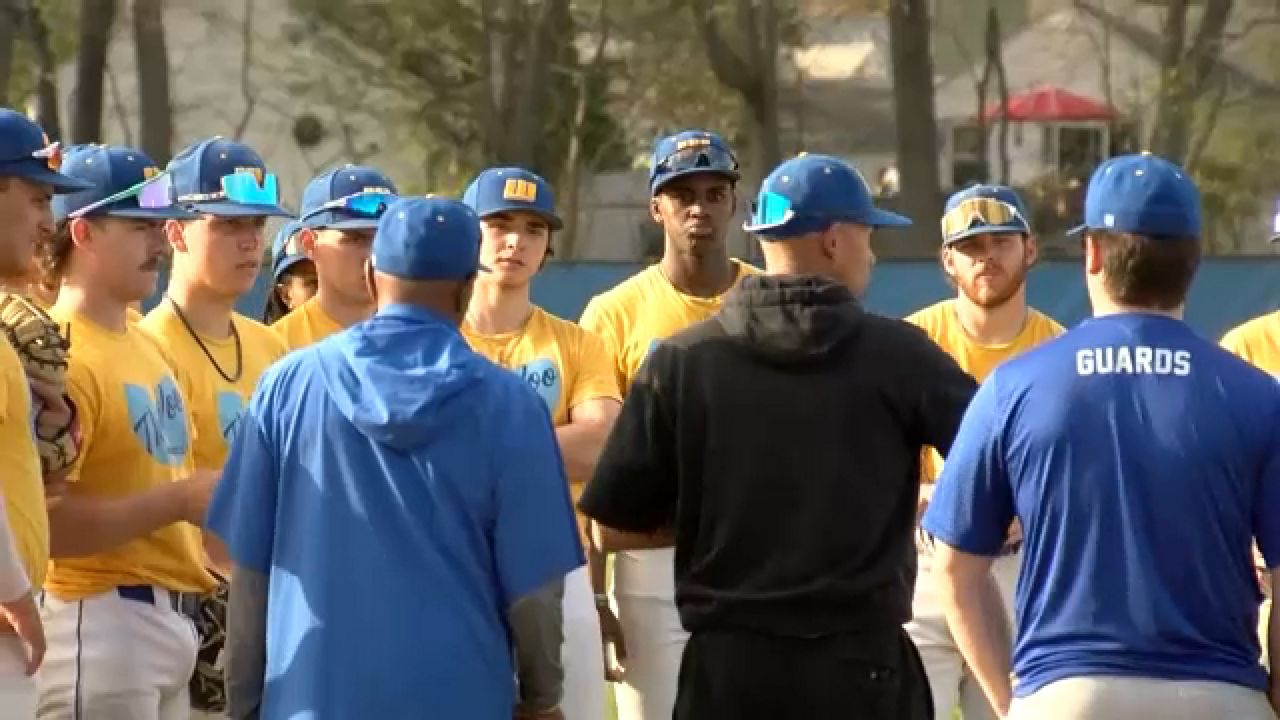EAST BROOKFIELD, Mass. - Local animal shelters are facing falling adoption rates, and the amount of pets dropped off at their doorstep continues to climb. At Second Chance Animal Services in East Brookfield, CEO Sheryl Blancato and her team are spotlighting a different way of taking on these longstanding issues.
What You Need To Know
- Second Chance Animal Services is focusing its efforts on the root cause of why many pets end up at shelters in the first place
- Often, new pet owners underestimate the cost and time commitments of owning a pet
- CEO Sheryl Blancato said Second Chance's new 'Access to Care' model attempts to ease that burden with affordable veterinary services and more
- The shelter also offers services for those fleeing domestic violence to ensure their pets have a safe, temporary place to stay
The staff at the shelter is trying to address the root cause of why many pets end up at shelters in the first place - the costs and commitments of owning a pet.
“Cost of medical care, cost of food, unexpected things happen,” Blancato said. “We look at those issues and say ‘How can we prevent as many of them as we can?”
The shelter’s ‘Access to Care’ model is trying to provide more pet owners a lifeline to keep their pet with affordable veterinary services, vaccine clinics, pet food assistance and other initiatives. There’s even a way people fleeing domestic violence can ensure their pet’s safety.
“If they’ve got to get out of their place, they might have somewhere to go like their sister’s house, but their sister may have a cat and they have a dog, so they can’t bring the dog,” Blancato said. “We have a program where we can provide care for up to 90 days so they can get where they need to be, get out of their situation, get to safety.”
Blancato said while free adoption events can lead to plenty of these animals finding a happy, healthy home, too often they find themselves back to square one if their would-be owner has a change of heart early on.
“It's like hospitals, we wouldn't see the people going into the hospital for services if we can help them so they don't need those services, then the hospitals would be overcrowded,” Blancato said. “Same thing with shelters. If we can get to the problems that are causing surrender, then we don't have to worry about how many animals are in the shelters and the strain on that, on the shelters in general.”
Second Chance wants donors and other advocates to support their new approach. Blancato said it’s not the easiest road, but it’s the one that’s working.












